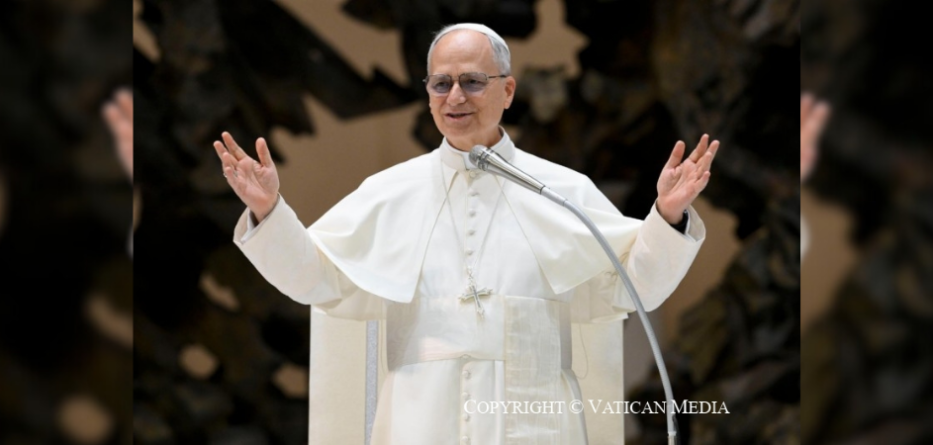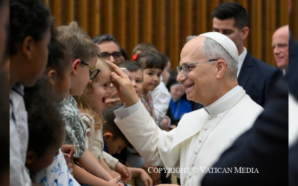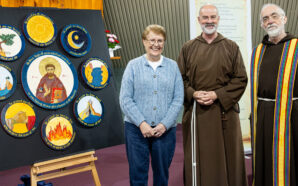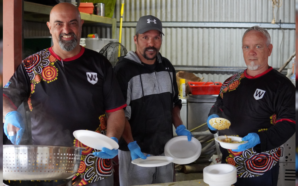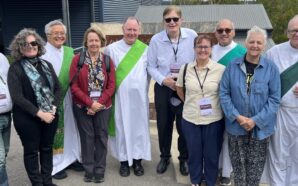It’s encouraging that at a time when Planet Earth is on the brink of destruction, our new pope has chosen peace and unity in the world and within the Church as one of the fundamental goals of his pontificate.
Pope Leo XIV, now the most prominent US-born religious leader in history, has positioned himself to be a force for unity at a critical moment. This starkly contrasts with the cynical and self-serving agenda of Donald Trump, the recently re-elected US president, who has emerged as a significant source of division and hatred on the world stage.
As Trump continues to crassly revel in being a conduit for evil, Leo has expressed a desire to channel goodness, compassion, forgiveness, and love. These are all Christian virtues that Trump and his Catholic vice president, JD Vance, persist in mockingly dismiss as weakness, without any apparent sense of shame.
A scripted and boring pontificate?
When the new pope, a former head of the worldwide Augustinian friars named Robert Francis Prevost, stepped out onto the balcony of Saint Peter’s Basilica on May 8, he held a prepared text in his hand. It was a clear sign of his intention to conduct his pontificate in a well-thought-out and meticulously scripted manner. No other pope before him had ever done this.
John Paul II, in 1978, was the first pope to address the crowds immediately after his election. He, the first non-Italian to be elected Bishop of Rome in over 500 years, delivered off-the-cuff remarks. The Polish pontiff aimed to assure the Italians that, even as a foreigner, he spoke their language and would be their pastor. Speaking in somewhat halting Italian, he promised to be one of them.
Benedict XVI, a Bavarian, followed John Paul’s lead, as did the Argentine Pope Francis. All three delivered a brief, impromptu address.
But Leo read a programmatic text. Not only did this show his intention to pursue a disciplined style of papal leadership, but it also suggested that his pontificate might be boring — especially for the secular press, which greatly delighted in the off-the-cuff remarks and gestures that marked the whirlwind era of Francis right from the very beginning.
It was around the late pope’s spontaneity and verbosity (oh, those countless saucy soundbites!) that this largely church-adverse press corps crafted the narrative of a maverick pope that waged war on the big-bad forces of the Vatican. This, of course, was a false narrative in many ways, and it led the press to ignore aspects of a complex pontificate that challenged many of its prejudices.
Pope Leo, in these early days of his pontificate, has signaled a desire to continue along the path (especially regarding Church reforms) set by his predecessor. But even though his own time in office promises to be more low-key, careful and deliberative (yes, even boring!), in an ironic way, he will likely be much more successful in further advancing the agenda set by Francis. This is due to his exceptional skills as a Church administrator. Boring, perhaps. But that does not mean uninteresting.
The gains Leo will likely make concerning inter-church issues could be surprising and extremely significant. But they will fly under the radar of the secular media, which will probably miss most of this. Journalists who do not specialize in covering religion or the Church will quickly lose interest in this pontificate, except when Leo is seen to be taking on the forces of evil in the world, especially those channelled by President Trump.
The United States, Trump, and America’s Catholic bishops
Leo was born in the United States. But little Bobby Prevost from the southern suburbs of Chicago is not a typical “American”. He has spent most of his life outside his native country and acquired citizenship in Peru, where he spent decades as a missionary and later served as a bishop.
Becoming a dual national was a way to further share in “the joys and the hopes, (and) the griefs and the anxieties” of these South American people he felt called to serve. It was also a way to distinguish himself from being a typical “gringo”.
Like most Americans who have lived so much of their lives abroad, Leo has gained a critical perspective on the United States, its culture, people and geopolitics.
Most importantly, and primarily because he is a member of a religious order rather than a diocese, he does not identify with the overall Catholic culture of the country, which is chiefly shaped by diocesan bishops and the parishes under their jurisdiction.
The new pope is in no way, shape, or form part of the (diocesan) clerical culture of the United States or the national conference of bishops, which carries significant responsibility (i.e. guilt) for Trump’s re-election. He is not compromised by association with a US Church (either its hierarchy or its wealthy, Republican benefactors) that has lost much of what was once its prophetic edge and has, instead, become blindly supportive of the ultra-consumerist, misogynist, and white Christian nationalist societal forces that narrowly led to Mr. Trump’s victory last November.
Pope Leo, therefore, stands against the predominant Catholic culture in his native country, which some would say has progressively become corrupted and more American than Catholic. Arguably, this is due to a conservative drift that gathered pace in the mid to latter years of John Paul II (1978-2005) and was solidified during the time of Benedict XVI (2005-2013).
Ironically, Leo was ordained to sacramental ministry by two of the most progressive bishops in the post-Vatican II period in the United States.
Thomas Gumbleton, an auxiliary Bishop in Detroit, ordained Bob Prevost deacon in 1981. Gumbleton, who died one year ago, was sidelined early on his episcopal career because of his “progressive” stances in favor of peace (he was a former president of Pax Christi and an outspoken critic of the war in Vietnam), the advancement of women, and advocacy for victims of sexual abuse, among other things.
Meanwhile, the current pope was ordained to the priesthood in 1982 by Archbishop Jean Jadot, the apostolic delegate to the United States under Paul VI. John Paul II, during his effort to “clean up the mess” following Vatican Council II, recalled Jadot to the Vatican and refused to make him a cardinal. The Belgian prelate was thus the first-ever papal ambassador to the United States to be denied the red hat.
The fact that Leo was ordained by these two liberal lions is somewhat of a divine irony.
It is also a point of interest and curiosity that when Bishop Gumbleton was removed from all his official episcopal offices in the Archdiocese of Detroit he chose to serve as the pastor of a poor parish in a rundown neighbourhood.
The name of the parish was Saint Leo’s.
With thanks to Union of Catholic Asian (UCA) News and Robert Mickens, where this article originally appeared.




